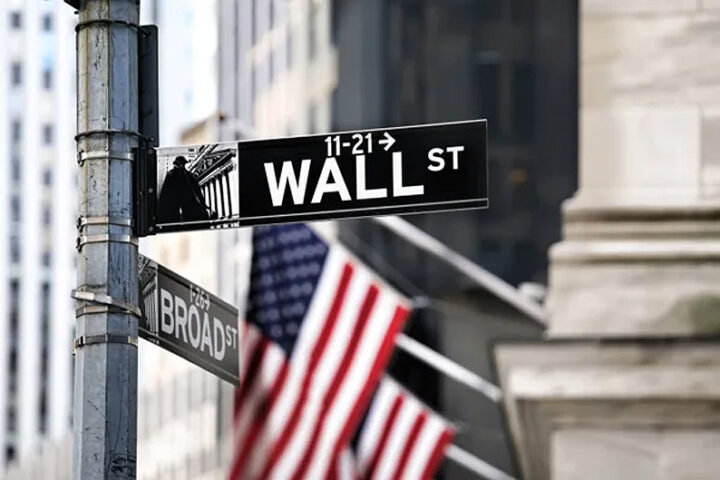By Ellen Wulfhorst (Reuters)
Busy Wall Street worker Michael Pento used to relax on weekends playing with his 4-year-old son. Now he just laughs wryly at the thought of free time.
The hedge fund market strategist is one of countless people for whom the global financial crisis has brought the demise of the relaxing weekend and the onslaught of anxiety-filled, seemingly endless workweeks.
Many U.S. workers are stuck at the office grappling with the twists and turns of world markets, economies and company performances. Others are working more to make up for dwindling savings, still others are reluctant to spend money on weekend fun and, for many of the growing number of unemployed, work-free weekends aren't fun at all.
Hardest hit directly may be Wall Street and government workers implementing the unprecedented billion-dollar bailouts, followed by state and local officials, executives, business owners and retailers facing lower revenues and absent credit.
"If you're involved in government or in financial services, weekends mean nothing right now. This is a 24-and-7 crisis," said Jared Bernstein, author of "Crunch: Why Do I Feel So Squeezed?"
"It's not just Henry Paulson, et al, crafting some new plan over the course of a weekend," he said. "It's the rest of us trying to figure out what the heck he's talking about."
Pento, 45, a senior market strategist for Delta Global Advisors, said he works weekends to follow breaking news.
Instead of spending time with his son, the Holmdel, New Jersey, resident said: "Now I'm constantly saying on the weekends, 'Shhhh, I've got to hear this.'"
Brian Gendreau, a strategist at ING Investment Management, said he regularly goes to his office at least one weekend day.
"I used to go bicycling, go birding, take my dog for a walk. I would accompany my wife antiquing, just run errands or go to the mall," said Gendreau, 57, who lives in Morristown, New Jersey. "I don't think I've been on a bicycle in a year."
CHANGED BEHAVIOR
Roughly a third of workers say they have changed their on-the-job behavior, putting in more hours or not taking time off, in this crisis, a business survey showed this week.
But that's not necessarily paying off, Bernstein said.
"Just because we're working a ton more doesn't mean we're getting a whole lot more done," he said. "We're in a very anxious situation. It makes many of us feel better if we know what's going on and if we're connected to it."
Despite the disarray, a final demise of the weekend — born in the industrial revolution and grown to maturity by the mid-20th century — is unlikely by most accounts.
"We've had a lot of shotgun marriages over weekends. We've had congressional sessions carrying through weekends. It makes sense that it feels like there are no weekends right now," said Chip Hanlon, president of Delta Global Advisors. "That will pass when the news flow calms down."
Bigger threats loom from longer-term pressures on incomes, attitudes and technological developments such as BlackBerries, cell phones and laptops, said Ricardo Levins Morales, a labor activist and artist who designed a bumper sticker that reads: "The Labor Movement: The Folks Who Brought You the Weekend."
"It's not simply today's financial crisis that is snatching the weekend from people's grasp but people having to work longer hours and the workaholic culture," he said. "This is something that's been eroding for a while."







